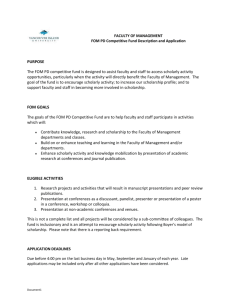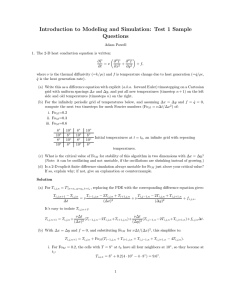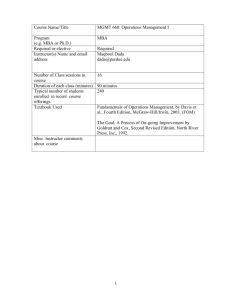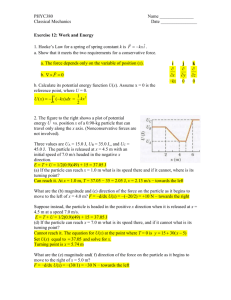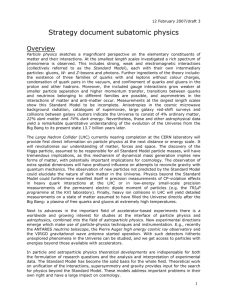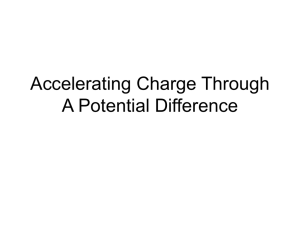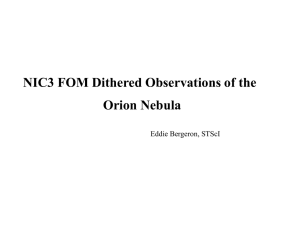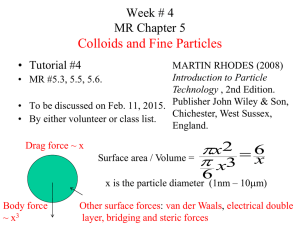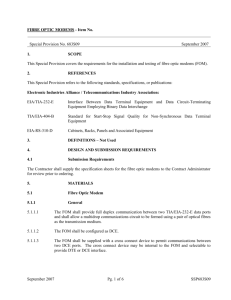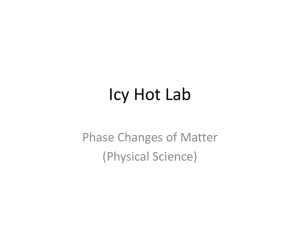Cosmic particles with energies of up to 1020 eV pose a challenge as
advertisement
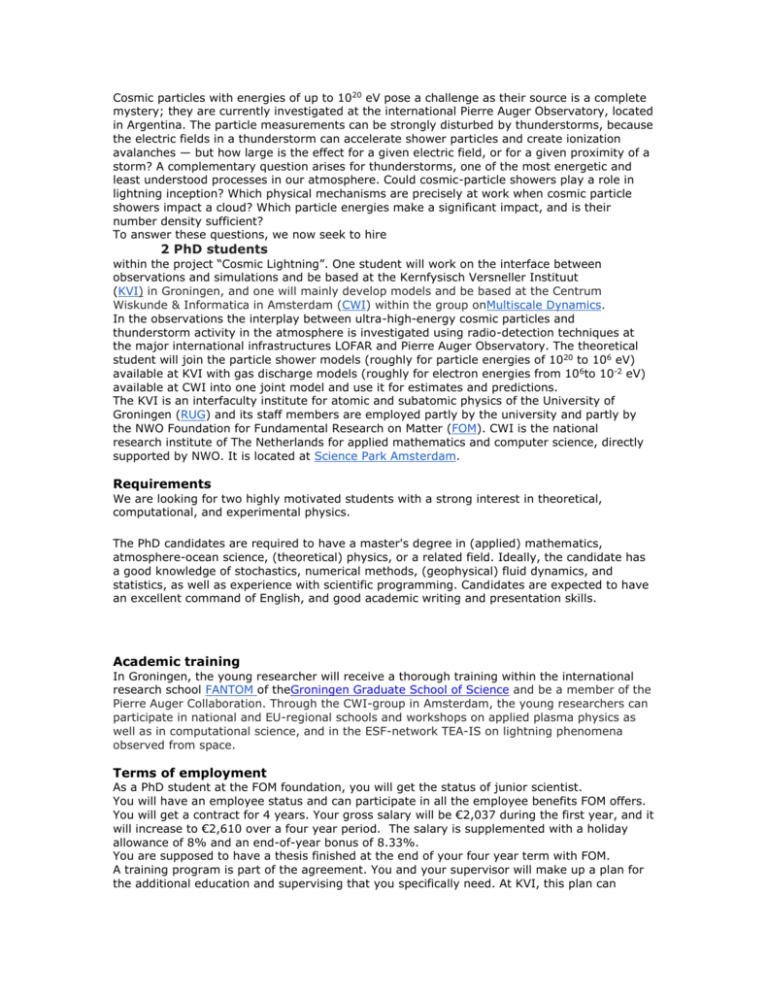
Cosmic particles with energies of up to 1020 eV pose a challenge as their source is a complete mystery; they are currently investigated at the international Pierre Auger Observatory, located in Argentina. The particle measurements can be strongly disturbed by thunderstorms, because the electric fields in a thunderstorm can accelerate shower particles and create ionization avalanches — but how large is the effect for a given electric field, or for a given proximity of a storm? A complementary question arises for thunderstorms, one of the most energetic and least understood processes in our atmosphere. Could cosmic-particle showers play a role in lightning inception? Which physical mechanisms are precisely at work when cosmic particle showers impact a cloud? Which particle energies make a significant impact, and is their number density sufficient? To answer these questions, we now seek to hire 2 PhD students within the project “Cosmic Lightning”. One student will work on the interface between observations and simulations and be based at the Kernfysisch Versneller Instituut (KVI) in Groningen, and one will mainly develop models and be based at the Centrum Wiskunde & Informatica in Amsterdam (CWI) within the group onMultiscale Dynamics. In the observations the interplay between ultra-high-energy cosmic particles and thunderstorm activity in the atmosphere is investigated using radio-detection techniques at the major international infrastructures LOFAR and Pierre Auger Observatory. The theoretical student will join the particle shower models (roughly for particle energies of 1020 to 106 eV) available at KVI with gas discharge models (roughly for electron energies from 10 6to 10-2 eV) available at CWI into one joint model and use it for estimates and predictions. The KVI is an interfaculty institute for atomic and subatomic physics of the University of Groningen (RUG) and its staff members are employed partly by the university and partly by the NWO Foundation for Fundamental Research on Matter (FOM). CWI is the national research institute of The Netherlands for applied mathematics and computer science, directly supported by NWO. It is located at Science Park Amsterdam. Requirements We are looking for two highly motivated students with a strong interest in theoretical, computational, and experimental physics. The PhD candidates are required to have a master's degree in (applied) mathematics, atmosphere-ocean science, (theoretical) physics, or a related field. Ideally, the candidate has a good knowledge of stochastics, numerical methods, (geophysical) fluid dynamics, and statistics, as well as experience with scientific programming. Candidates are expected to have an excellent command of English, and good academic writing and presentation skills. Academic training In Groningen, the young researcher will receive a thorough training within the international research school FANTOM of theGroningen Graduate School of Science and be a member of the Pierre Auger Collaboration. Through the CWI-group in Amsterdam, the young researchers can participate in national and EU-regional schools and workshops on applied plasma physics as well as in computational science, and in the ESF-network TEA-IS on lightning phenomena observed from space. Terms of employment As a PhD student at the FOM foundation, you will get the status of junior scientist. You will have an employee status and can participate in all the employee benefits FOM offers. You will get a contract for 4 years. Your gross salary will be €2,037 during the first year, and it will increase to €2,610 over a four year period. The salary is supplemented with a holiday allowance of 8% and an end-of-year bonus of 8.33%. You are supposed to have a thesis finished at the end of your four year term with FOM. A training program is part of the agreement. You and your supervisor will make up a plan for the additional education and supervising that you specifically need. At KVI, this plan can include teaching activities for up to 10% of your working time. The conditions of employment of the FOM-foundation are laid down in the Collective Labour Agreement for Research Centres (CAO -Onderzoekinstellingen), more detailed information is available at the FOM website under Personeelsinformatie (in Dutch) or underPersonnel (in English). Information More detailed information about the research projects can be obtained from Profs. Olaf Scholten (https://www.kvi.nl/~scholten/), Ute Ebert (http://homepages.cwi.nl/~ebert/), or Ad van den Berg (http://www.rug.nl/kvi/Research/astroParticlePhysics/index). Application Applicants should send their CV along with a motivation letter, list of marks, summary of their Master’s thesis and the names and e-mail addresses of two references to the Personnel Manager of FOM. The positions will be open until suitable candidates have been found.
